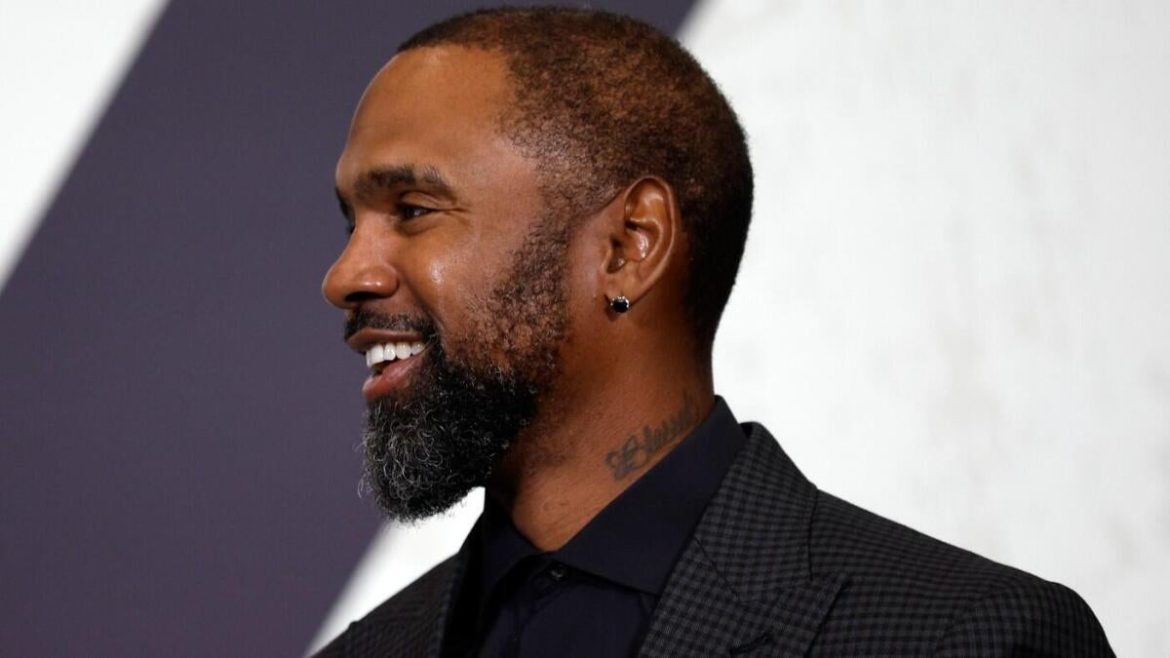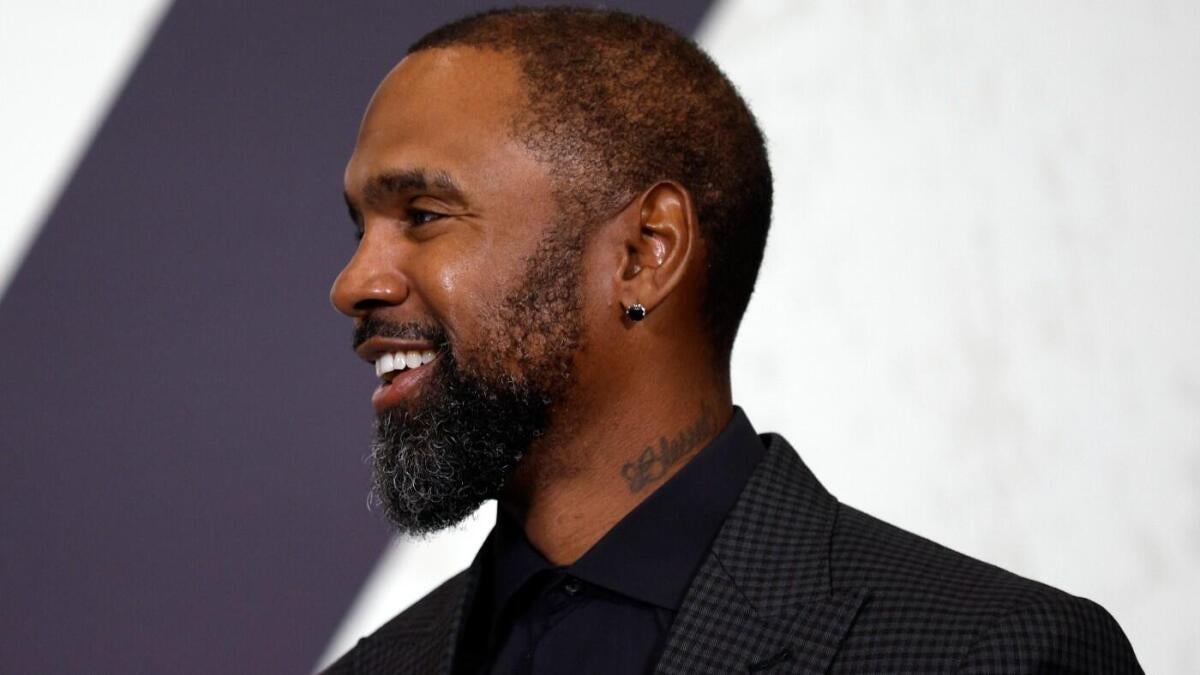Charles Woodson’s Entry into Cleveland Browns Ownership: A Detailed Analysis
Charles Woodson, Pro Football Hall of Famer and Ohio native, is embarking on a new chapter in his illustrious football career by purchasing a minority ownership stake in the Cleveland Browns. This move, widely reported by multiple reputable sports news sources, marks Woodson’s transition from player and broadcaster into NFL team ownership, following a path similar to recent ventures by other NFL legends like Tom Brady.
Background and Context
Charles Woodson, a former NFL star celebrated for his defensive prowess and Hall of Fame induction, hails from Fremont, Ohio, approximately 80 to 90 miles west of Cleveland. His deep local roots make this acquisition more than just a business transaction; it is a homecoming that ties his legacy back to his Ohio origins. This connection lends added significance to his role within the Browns organization, which is currently valued at about $5.1 billion, according to Forbes.
Details of the Acquisition
Woodson is purchasing a 0.1% ownership stake in the Cleveland Browns from the majority owners, Jimmy and Dee Haslam. The purchase price is estimated to be around $5 million, proportional to the franchise’s valuation. Given that the Browns have been under the Haslams’ stewardship since 2012, this minority stake provides Woodson entry into an established ownership group with substantial experience and financial backing.
The acquisition is contingent upon Woodson agreeing to terms parallel to those imposed on other NFL owners who are also broadcasters, such as Tom Brady. Specifically, Woodson must comply with restrictions around his name, image, and likeness usage, particularly concerning his separate business interests involving wine and whiskey packaging, to align with NFL policies on alcohol promotion and broadcasting conflicts.
Significance of the Move
Woodson’s purchase signifies a growing trend where former players actively transition into ownership roles, blending their on-field experience with key executive influence. By investing in the Browns, Woodson aligns himself with a franchise that has been striving for long-term success and stability, potentially enabling him to contribute beyond the broadcast booth and influence organizational decisions.
His Ohio roots enhance the symbolic resonance of this purchase. Fans and community stakeholders often appreciate team owners who understand regional history and culture. Woodson’s presence can deepen the Browns’ local identity, fostering goodwill and potentially enhancing the franchise’s community engagement.
Woodson’s entry into ownership mirrors Tom Brady’s acquisition of a 5% stake in the Las Vegas Raiders, both in terms of acquiring share from existing majority owners and adhering to NFL policies designed to address potential conflicts of interest. This parallel suggests the league’s increasingly player-friendly approach to ownership, permitting legends to stay connected to the game in new, influential roles post-retirement.
Business and Financial Implications
The $5 million investment, while a small fraction of the franchise’s overall valuation, represents a significant personal and financial commitment by Woodson. Minority ownership stakes in NFL franchises often involve limitations on operational control; however, such a position offers influence, prestige, and a platform to participate in league governance discussions or franchise initiatives.
Woodson’s new role implies:
– Increased Involvement in Strategic Decisions: Although limited partners do not typically handle daily operations, they do possess voting rights on key matters and can influence the franchise’s direction.
– Potential for Brand Expansion: Ownership confers opportunities for Woodson to strengthen his personal brand, aligning it further with one of the NFL’s iconic franchises.
– Enhanced Legacy: This move cements Woodson’s long-term association with professional football, transitioning from player and broadcaster to stakeholder and ambassador.
Challenges and Restrictions
The NFL’s approval required Woodson to remove his name, image, and likeness from certain business ventures, specifically those related to wine and whiskey packaging. This condition reflects the league’s sensitivity regarding alcohol-related advertising, particularly for owners who also maintain public-facing media roles. Balancing his dual careers—as a prominent FOX Sports analyst and now part-owner—will require careful navigation to avoid conflicts of interest and abide by all NFL governance standards.
Anticipated Impact on Browns and NFL Community
– Fanbase Reception: Browns fans are likely to receive the news enthusiastically due to Woodson’s local heritage and celebrated career. His involvement strengthens the team’s profile nationally.
– Player and Alumni Relations: Woodson’s new role could foster better connections between current players and former greats, enhancing mentorship opportunities within the franchise.
– Broader NFL Ownership Trends: This acquisition highlights a trend towards diversifying ownership structures with former players, potentially encouraging other legends to seek minority stakes in teams.
Conclusion: A Promising New Chapter for Charles Woodson and the Browns
Charles Woodson’s acquisition of a 0.1% stake in the Cleveland Browns is much more than a financial transaction. It reflects a meaningful intersection of legacy, local pride, and modern NFL business dynamics. As Woodson moves into the ownership ranks, he joins a select group of former players who now influence the sport from the front office, offering a bridge between past glories and future aspirations for the franchise.
This move not only amplifies Woodson’s ongoing NFL presence but also enriches the Browns’ ownership fabric with a respected figure intimately connected to Ohio’s football heritage. The strategic, symbolic, and community-driven dimensions of this ownership stake promise to leave lasting impressions on the Browns organization and its devoted fanbase alike.





